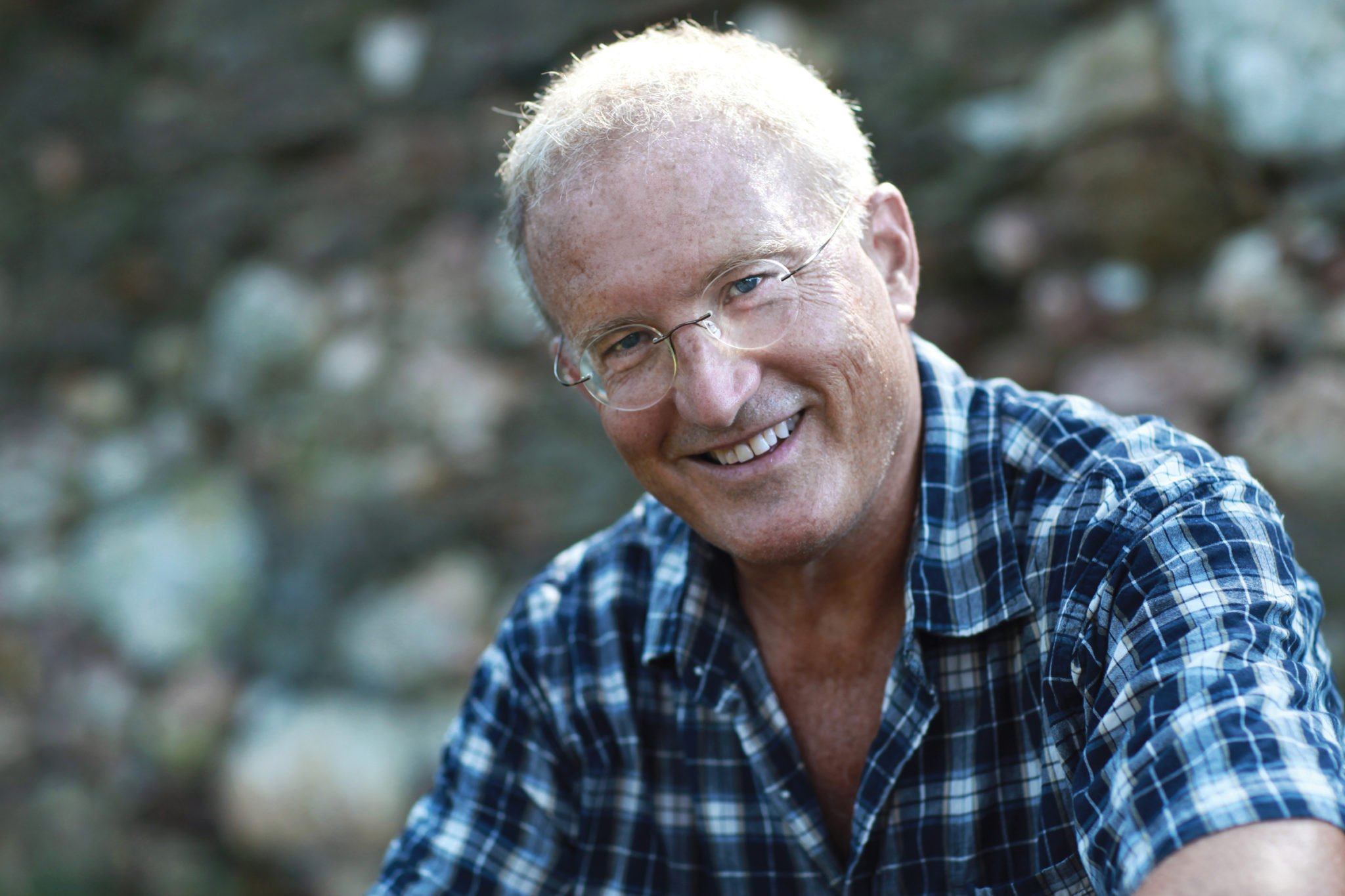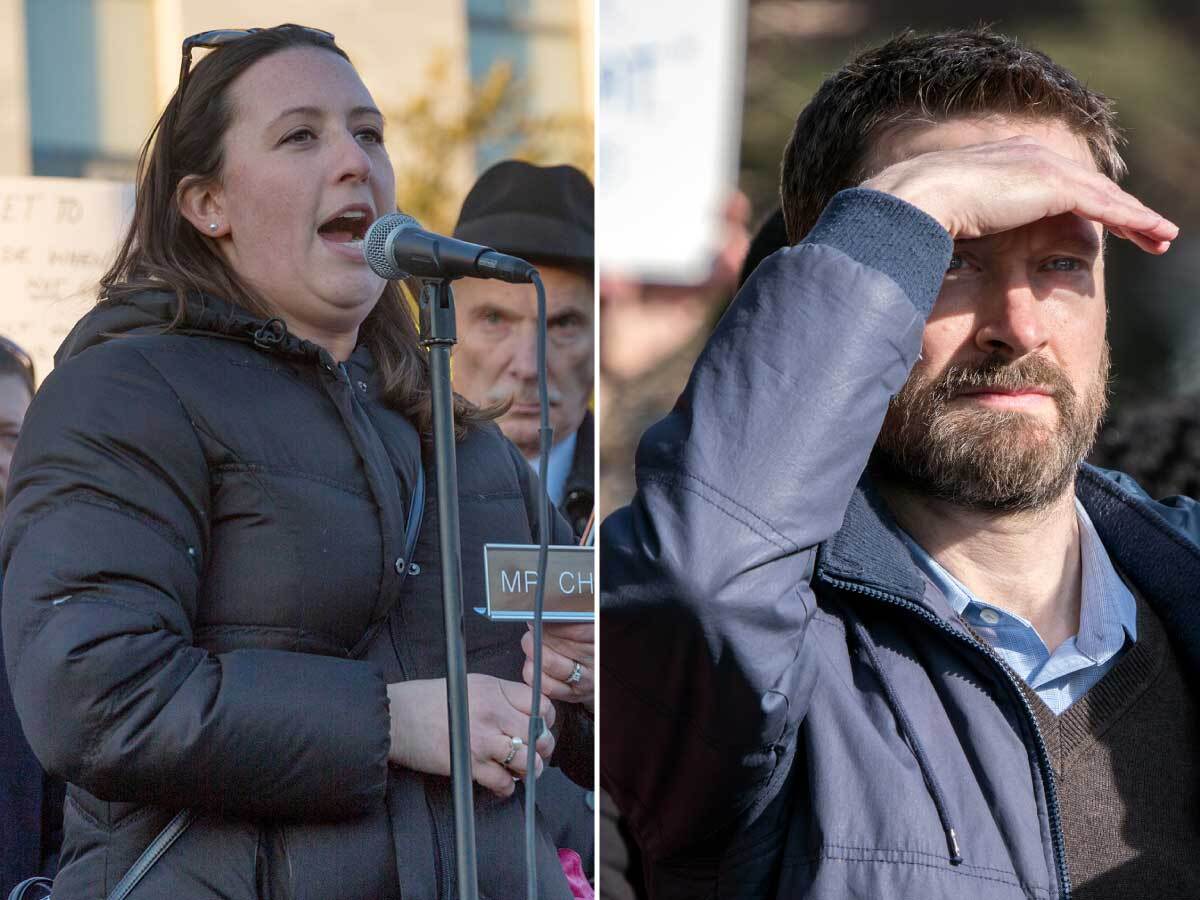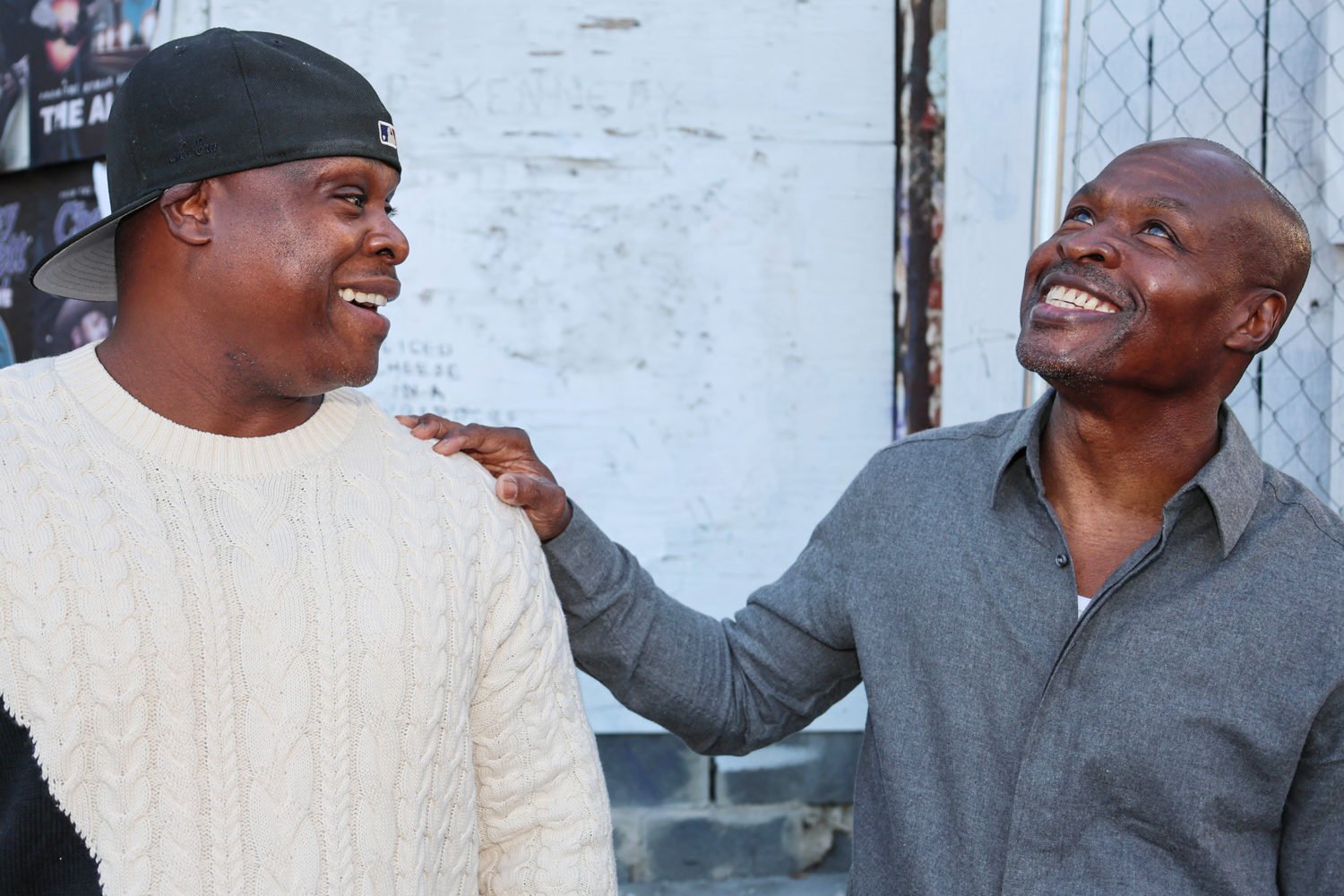Mark Bowden’s new book, The Last Stone: A Masterpiece of Criminal Interrogation, studies how Montgomery County police detectives finally closed a case that dogged the department for decades: the 1975 disappearance of Sheila and Kate Lyon from Wheaton Plaza, which Bowden covered as a young reporter. We spoke with the Black Hawk Down author about why he returned to the subject.
What brought you back to this story after so many years?
When I read that they had charged Lloyd Welch with this, I thought, “I want to know what happened.” I didn’t know what I was going to do with the information. I’m fortunate in that enough people know who I am and what I do that if I call the Montgomery County Police Department and identify myself and say I’d really like to talk to the detectives, they generally often are very receptive. In this case, they were unusually so. Certainly a lot more so than they might have been 40 years ago when I was a reporter for the Baltimore News-American.
Their interrogations of Welch are fascinating.
Frankly, that’s what convinced me that I would write about this at some length. I’ve always been interested in interrogation. When they told me how this case evolved through these long interrogation sessions I said, “Do you have records of them? Do you have transcripts?” And they told me they had actually video of all of it. If you write nonfiction, one of the great challenges is to write with immediacy, is to create scenes where you have action and characters and dialogue. And unless you have some sort of audio or video recording, you rely on people’s memory or records. The fact that they had video of all this just meant that I could really write with tremendous immediacy and I could show basically how this case unfolded. I’ve never read a story built completely around or very nearly completely around an interrogation. I ended up watching 70-plus hours of this interrogation, and I know that my wife was so sickened by the voice of Lloyd Welch after a while, she kept saying “When are you going to finish this thing?” The book reproduces probably less than 1 percent of what I actually listened to to get to it.
Did you recognize any of the techniques that the detectives use from your studies of interrogation?
Certainly you see what everybody recognizes as the good-cop/bad-cop dynamic. In order to understand what’s happening and what the detectives did you really do have to immerse yourself in Lloyd’s story as it unfolded. And you see how they maneuver him into believing that everybody’s out to get him, which he’s inclined to believe anyway, but that his family is all trying to frame him and they’re trying to protect him. That was one very key stratagem that they employed and they, you know, they recognize fairly early on that Lloyd was vulnerable on that front. And it really was not true. I mean as awful as the family is, and as much as they dislike Lloyd, they weren’t actively conspiring to frame him, and they hadn’t really. Later in the investigation playing, they neatly played the eagerness of the prosecutors and the police departments involved to charge Lloyd and charge him alone with what had happened.
How did they get so good at reading him?
One of the things that I really like about the story is that [Detective] Dave [Davis], as good as he is at this, and [Detectives] Mark [Janney] and Katie [Leggett] were not slam-dunk experts at this sort of thing, and they made mistakes and they sort of felt their way into it. And as they got to know Lloyd and develop their separate relationships with him, they learned on the fly. The way, I think, most people do. It wasn’t like in the movies where the expert walks in and knows immediately what sort of tactics to employ and manipulates the suspect.
You obviously remember the effect this case had on parents in the region and people in general in the region. I remember friends whose parents would not let them go out anymore.
I was very young, I didn’t have any children of my own at that point, and the basis of comparison I had was really my own childhood. The neighborhood [Kensington, Maryland] and the family were very similar: This was a Catholic family living in a white suburb. This is the world I had grown up in, you know? And I felt so much for John and Mary [Lyon, the girls’ parents] because they hadn’t done anything wrong. My mom, I remember when I was growing up, would after breakfast say to me and my brothers sisters, “Get out of here. I don’t want to see you again till lunchtime.” And there was just this license to roam. A sense that it was perfectly safe, that the risks involved were minimal, and to suddenly have that so tragically dramatically disproven was shocking. That was a shock that I could see. I think if I was a little bit older and I had kids I would have seen the phenomenon of parents becoming more protective of their children. That was permanent.

















